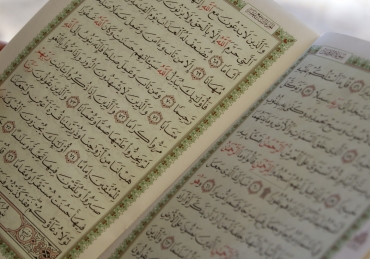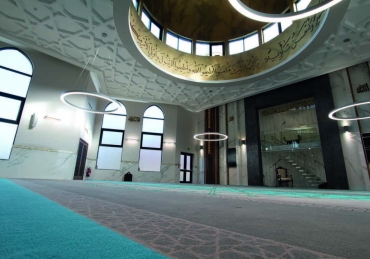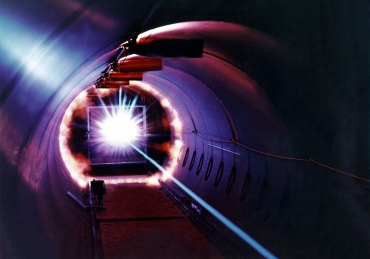Taḥiyyah al-Wuḍūʾ
Question
What is the ruling and virtue of performing Taḥiyyah al-Wuḍūʾ?
Answer
بسم الله الرحمن الرحیم
It is mustaḥab (desirable) to perform two Rakʿah of Nafl Ṣalāh after ablution. This has been affirmed by many scholars including Imam Nawawī al-Shāfiʿī (d. 676/1277) (al-Majmūʿ, 3: 545), Shaykh al-Islām Ibn Taymiyah al-Ḥanbalī (d. 728/1328) (al-Fatāwā al-Kubrā, 5: 345), ʿAllāmah Ibn Mufliḥ al-Ḥanbalī (d. 763/1362) (al-Furūʿ, 2: 404), Ḥāfiẓ Ibn Ḥajar al-ʿAsqalānī al-Shāfiʿī (d. 852/1449) (Fatḥ al-Bārī, 1: 260), ʿAllāmah Ibn Nujaym al-Ḥanafī (d. 969/1562) (al-Baḥr al-Rāʾiq, 2: 55), ʿAllāmah Ḥaṣkafī al-Ḥanafī (d. 1088/1677) (al-Durr al-Mukhtār, 2: 22) and many others.
This Ṣalāḥ should be performed immediately after ablution and one can combine intentions with other Nafl prayers such as Taḥiyyah al-Masjid; the two Rakʿah of Nafl Ṣalāh when entering the Masjid.
The virtue of Taḥiyyah al-Wuḍūʾ is illustrated from the following narrations:
- Abū Hurayrah (d. 57/676-7) (may Allah be pleased with him) narrates that once the Prophet ﷺ asked Bilāl (d. 20/640-1) (may Allah be pleased with him) at the time of Fajr prayer: “O Bilāl, inform me of the most hopeful act you have done in Islam, for indeed I heard your footsteps in front of me in paradise. He replied, “I have not carried out any action that provides me hope besides that I do not perform ablution in the day or night but that I perform prayer with that ablution as much as what has been decreed for me” (Ṣaḥīḥ al-Bukhārī, 1149).
- ʿUthmān ibn ʿAffān (d. 35/656) (may Allah be pleased with him) narrates that the Prophet ﷺ said, “Whoever performs ablution similar to my ablution and then performs two Rakʿah in which he does not talk to himself [and think of worldly things], Allah forgives all his previous sins” (Ṣaḥīḥ al-Bukhārī, 164).
- ʿUqbah ibn ʿĀmir (d. 58/677-8) (may Allah be pleased with him) narrates that the Prophet ﷺ said, “There is no Muslim who performs ablution and performs it well, then stands and performs two Rakʿah with full concentration, except that paradise becomes necessary for him” (Ṣaḥīḥ Muslim, 234).
- ʿUthmān ibn ʿAffān (d. 35/656) (may Allah be pleased with him) narrates that the Prophet ﷺ said, “A Muslim person does not perform ablution and perform it well, then perform Ṣalāh, except that Allah forgives all his sins during the period from then to the next Ṣalāh” (Ṣaḥīḥ Muslim, 227).
Imam Ibn al-Jawzī (d. 597/1201) explains that this Ṣalāḥ has been established to encourage a person to perform Ṣalāḥ immediately after ablution (Kashf al-Mushkil, 3: 465; Fatḥ al-Bārī, 3: 34).
Allah knows best
Yusuf Shabbir
19 Rabīʿ al-Thānī 1436 / 8 February 2015






